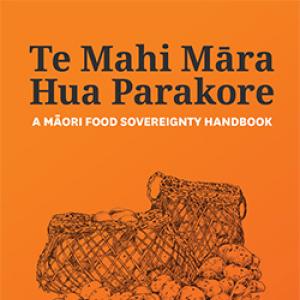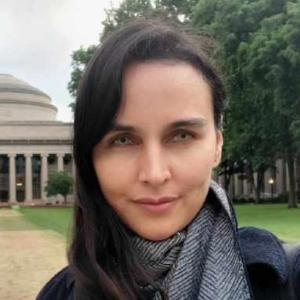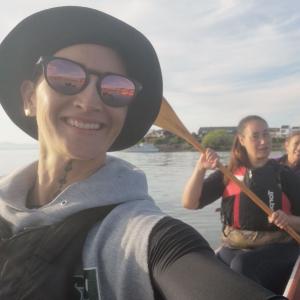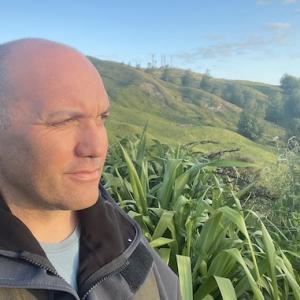"Te Mahi Māra Hua Parakore - a Māori Food Sovereignty Handbook" was launched recently at Te Wānanga o Raukawa.
This book received a publication support grant (PSG) from NPM, and makes a connection between the global and the local, between the political and the personal - and encourages us to take control over the food security of our whānau, providing practical advice on how to grow kai traditionally and in a kaupapa Māori way.
With communities increasingly facing the challenges of food costs and security, rampant consumerism, climate change and oil pressures the book seeks to inspire its readers with stories of how to grow food holistically, organically and purely - guided by the knowledge of past generations, and combined with the shared experiences of other hua parakore growers from around the country.
Ultimately it seeks to reassure us all, that this journey towards exerting some control over our food sources and becoming a hua parakore gardener can be realised by all our communities - whether urban or rural.
You can buy a copy of Te Mahi Maara Hua Parakore from Te Wānanga o Raukawa, by emailing tetakupusales@twor-otaki.ac.nz

He Kōrero | Our Stories
Neuroscientist Nicole Edwards is establishing her own lab at the University of Auckland and is eager to tautoko students interested in a career in brain research.
AUT senior lecturer Deborah Heke encourages wāhine Māori to cherish their connection with te taiao.
Tairāwhiti local Manu Caddie is a vocal critic of forestry companies engaged in unsustainable land practices in the rohe. He shares his insights on what needs to change".


